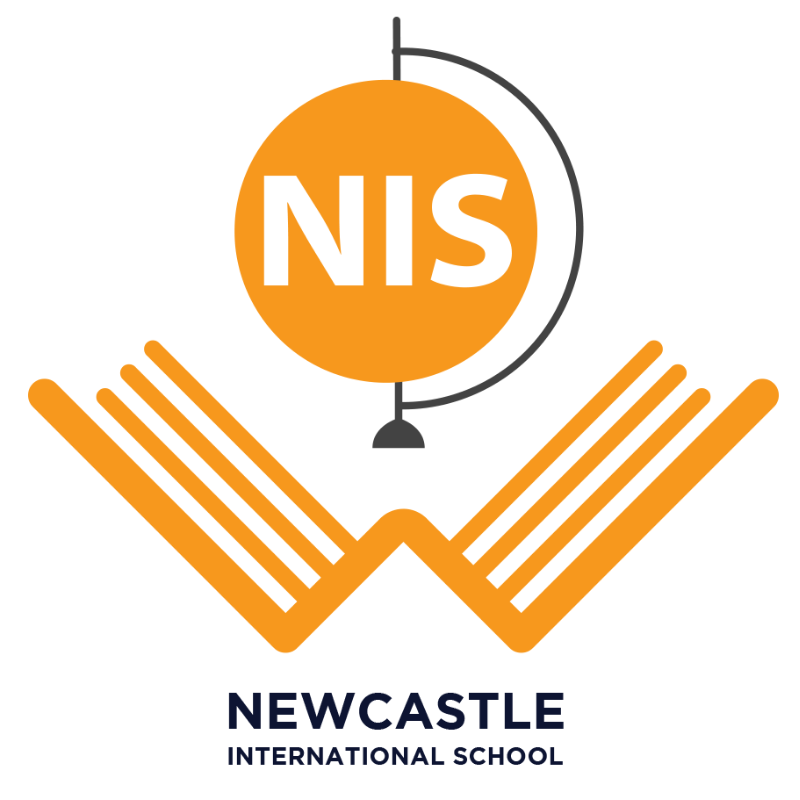This introductory course will help you to develop basic communication skills in the language. You will learn how to greet people, exchange personal details, talk about yourself and your daily life, and interact in common everyday situations (shops, restaurants, hotels, etc.). You will also be introd

Summary
This introductory course will help you to develop basic communication skills in the language. You will learn how to greet people, exchange personal details, talk about yourself and your daily life, and interact in common everyday situations (shops, restaurants, hotels, etc.). You will also be introduced to cultural aspects of the areas where the language is spoken.
Choose this course if you want to:
Learn basic, familiar everyday expressions and simple phrases in the language.
Be able to exchange personal information and interact in simple common situations.
Have opportunities to practise your skills with other speakers of the language.
Who is this course for?
This course is recommended for absolute beginners who have had very little or no contact with the language before. In this course, you will be working towards level A1 of the Common European Framework of Languages.
Qualifications/credits
Course assessment is optional but on successful completion you will obtain 10 credits at Level 1 (SCQF 7).
Mode of study
Language classes are interactive and collaborative, with plenty of exposure to the language and many opportunities to practise and learn with your peers.
You will also have access to Moodle, the University’s virtual learning environment, where you will find additional activities for you to practise what you have learnt in class and to extend your knowledge.
Prospects
At this elementary level you’ll be able to take part in very simple exchanges in common everyday situations, for example as a visitor in an area where the language is spoken.
Or you can progress to the next step, Post Beginners A2, to continue to develop your skills in the language
About us
Organisation Development is an approach that puts people at the heart of change, emphasises creativity and innovation, and positively affects organisational performance. The OD Team uses complementary and disparate specialisms working together to deliver the University aims and aspirations.
Our Employee Development interventions improve the leadership, people management and personal effectiveness of University staff as individuals.
Our Organisation Development interventions develop and improve the system (culture, strategy, structure and process) of the University, growing organisational capability through alignment of strategy, structure, management processes and people.

With over 260 million Portuguese speakers around the world, the decision to learn the language will transform your life.

Learning a new language does not only give you more professional or social opportunities: it gives you insights into a new world.

Learn Portuguese with our Portuguese language courses, which are delivered using a proven learning method.

Portuguese language class is offered by Newcastle International School NIS.

If you have never studied Portuguese before these courses are for you. Whether you're looking for an introduction to the language before a holiday, or want to study intensively, we have a range of classes available.
© 2025 coursetakers.com All Rights Reserved. Terms and Conditions of use | Privacy Policy